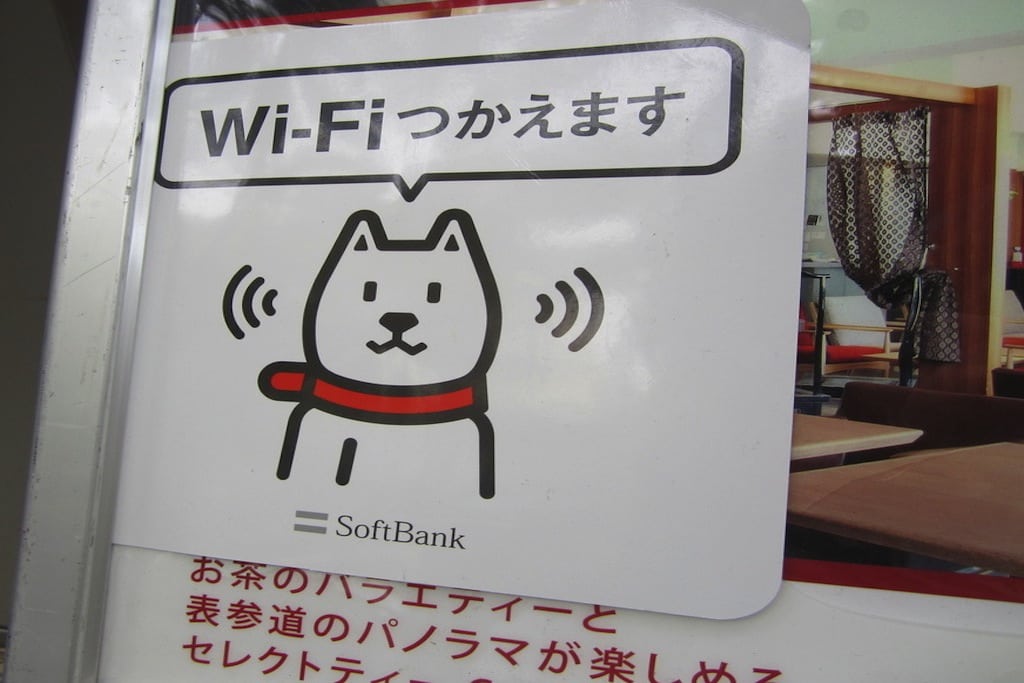Skift Take
As cities invest in Wi-Fi to become more tourist-friendly, they're changing the standard to which travelers are accustomed. At the rate it's going now, the hospitality industry will have to scramble to catch up.
As survey after survey – including Skift’s own research – shows that travelers value access to the Internet above almost all else, some local and national governments are catching on to the benefits of making it easy for visitors to connect.
So from New York City to remote Pacific islands, the towns, cities, and countries looking to attract tourists are investing in public Wi-Fi with the hope that it translates into happier tourists, and a better image for their destination.
In Taiwan, tourists register for the island’s free Wi-Fi upon arrival, presenting their passports to a tourist office before being granted access. Tokyo and Kyoto are much the same, except that visitors there receive temporary cards that grant them 14 days of free access. Much of London is covered by Sky’s “Cloud,” a public Wi-Fi network that operates over 16,000 WiFi hotspots throughout the UK.
The Estonian capital of Tallinn is a lesser-known champion of Wi-Fi access; thanks mostly to the organization Wi-Fi.ee, Wi-Fi signals blanket the city. Many of those hotspots are maintained by private businesses, but funded through public-private partnerships.
South Korea is arguably leading the charge when it comes to government-sponsored Internet access, with the national telecom LG subsidizing a free network country-wide that extends to cover its taxis and underground trains.
But one other country has it beat. In 2003, the small South Pacific island of Niue became the first country to offer free nationwide Wi-Fi. Although that project hasn’t been without its problems, it’s helped the island attract tourists who want to stay connected while they sail, and helped stop the emigration that was hurting its economy.
So why is an island of 2,000 so much more clever than an entire industry of tourism professionals? For one thing, having little to lose makes it easier to experiment. Hotels, meanwhile, are frozen in the face of all they do have to lose, as the accommodation market evolves and threatens to leave them behind.
But a tipping point is approaching wherein no informed traveler will be able to pay for hotel Wi-Fi without feeling like a rube – even at the most luxe of labels. The fact that tourists are getting used to finding free Wi-Fi everywhere they travel will only speed the approach of that moment.
The Daily Newsletter
Our daily coverage of the global travel industry. Written by editors and analysts from across Skift’s brands.
Have a confidential tip for Skift? Get in touch
Tags: london, seoul, tokyo, wi-fi
Photo credit: A Tokyo restaurant offers free public Wi-Fi. Anglo Italian / Flickr
